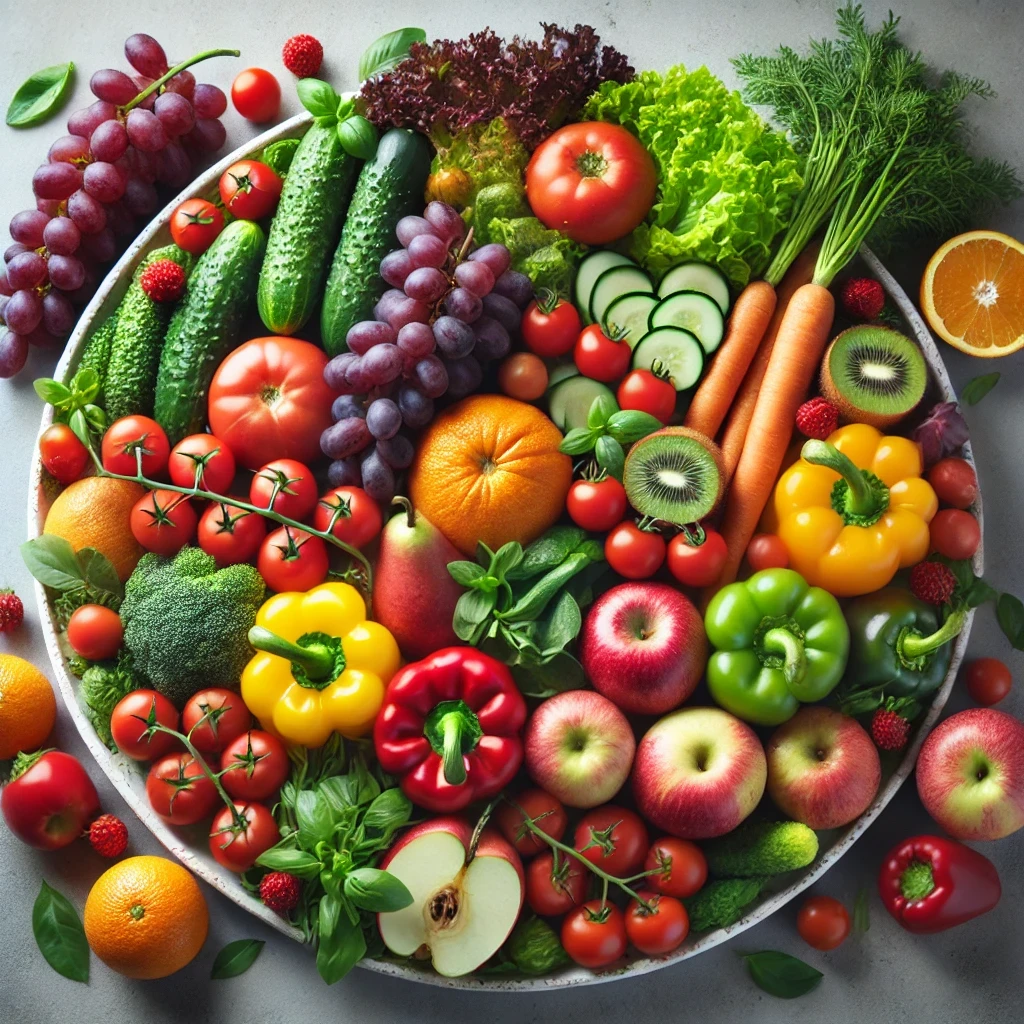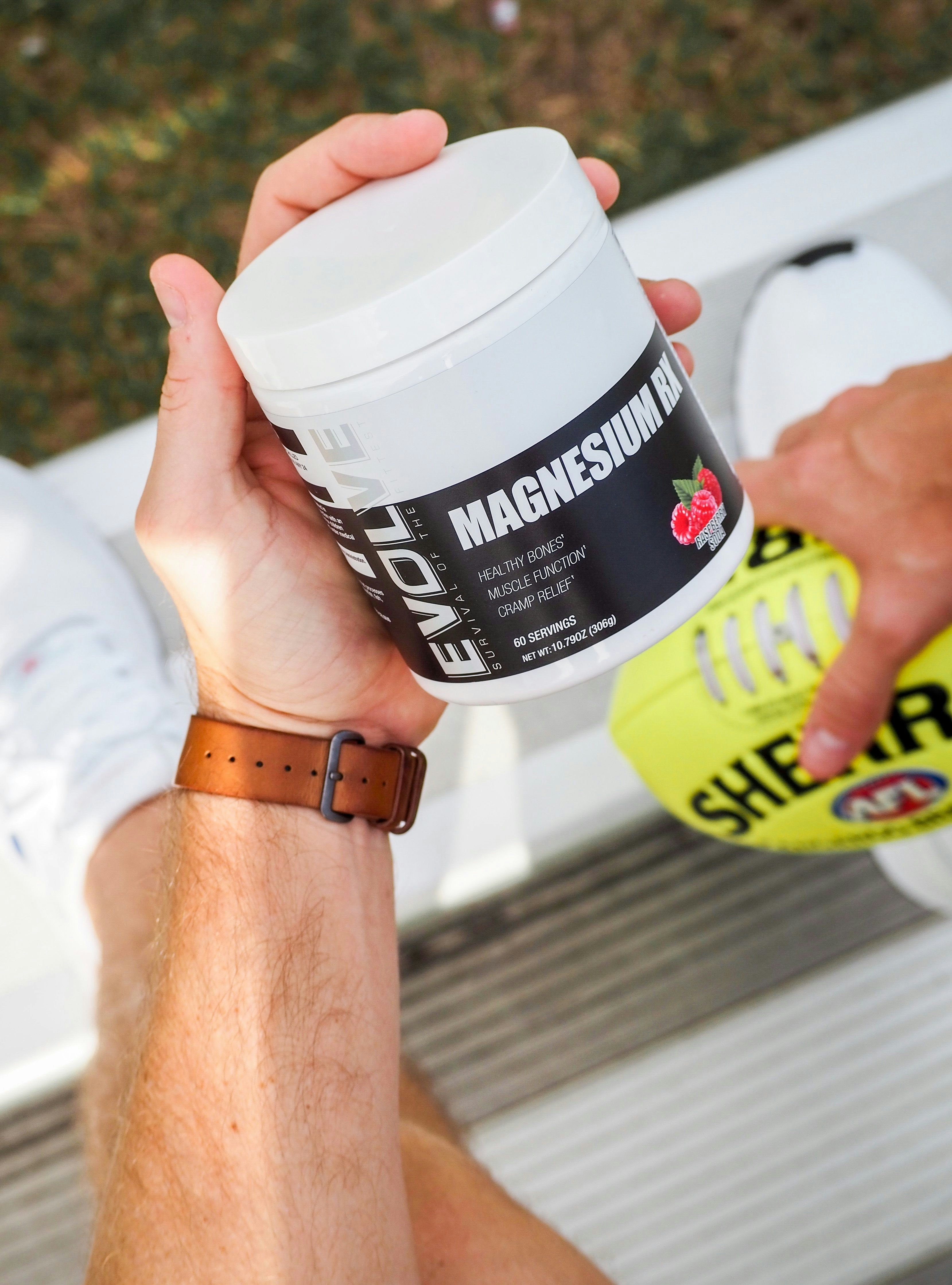The Ideal Nutrition: Your Ticket to Health and Happiness
Sep 12, 2024
In the pursuit of optimal health and peak performance, understanding and implementing ideal nutrition is paramount. This comprehensive guide delves into the fundamental rules of nutrition, providing you with actionable insights to revolutionize your diet and, consequently, your life. Whether you're an athlete looking to enhance your performance, a fitness enthusiast aiming to optimize your workouts, or simply someone striving for better health, these nutrition principles will serve as your roadmap to success.
The Foundations of Ideal Nutrition
1. Balanced Macronutrients: The Cornerstone of Nutritional Excellence
The foundation of ideal nutrition lies in achieving the right balance of macronutrients: proteins, carbohydrates, and fats. Each plays a crucial role in your body's function and overall health.
Protein: The Building Blocks of Life
Protein is essential for muscle repair, immune function, and satiety. Aim for 1.6-2.2 grams per kilogram of body weight daily.
Include sources like lean meats, fish, eggs, legumes, and plant-based proteins
For vegetarians and vegans, combine different plant proteins to ensure a complete amino acid profile
Consider a post-workout protein shake to support muscle recovery
Carbohydrates: Fueling Your Body and Mind
Complex carbs should form 45-65% of your total calorie intake, providing sustained energy and essential fiber.
Focus on whole grains, fruits, and vegetables
Tailor your carb intake based on your activity level and goals
Include high-fiber options like oats, quinoa, and sweet potatoes to support digestive health
Healthy Fats: Essential for Hormone Balance and Nutrient Absorption
20-35% of your calories should come from healthy fats, crucial for brain function and nutrient absorption.
Incorporate sources like avocados, nuts, seeds, olive oil, and fatty fish rich in omega-3s
Balance your omega-3 to omega-6 ratio by limiting processed vegetable oils
Consider adding chia seeds or flaxseeds to your diet for plant-based omega-3s
2. Micronutrient Density: The Power of Vitamins and Minerals
While macronutrients provide energy, micronutrients are crucial for optimal bodily functions. Prioritize nutrient-dense foods to ensure you're getting a wide array of vitamins and minerals.
Eat the rainbow: Consume a variety of colorful fruits and vegetables daily
Include leafy greens, berries, citrus fruits, and cruciferous vegetables for their high antioxidant content
Consider targeted supplementation if you have specific deficiencies, but always consult with a healthcare professional first

3. Hydration: The Often Overlooked Nutritional Pillar
Proper hydration is often underestimated but is crucial for ideal nutrition. Water is involved in nearly every bodily process and is essential for optimal exercise performance.
Aim for at least 8-10 glasses of water daily, more if you're active or in hot climates
Monitor your urine color; pale yellow indicates good hydration
Include hydrating foods like cucumbers, watermelon, and zucchini in your diet
Consider electrolyte-enhanced water during intense workouts or in hot conditions
4. Meal Timing: Syncing Nutrition with Your Body's Rhythms
When you eat can be almost as important as what you eat. Optimize your meal timing for better nutrient absorption and energy levels.
Start your day with a nutrient-rich breakfast within an hour of waking
Space your meals 3-4 hours apart to maintain stable blood sugar levels
Consume a mix of protein and carbs within 30 minutes after intense exercise for optimal recovery
Consider your circadian rhythms and try to eat larger meals earlier in the day
5. Food Quality: Choosing Nutrient-Dense Options
Focus on the quality of your food sources rather than just calorie counting to maximize nutritional value.
Choose whole, unprocessed foods whenever possible
Opt for organic produce and grass-fed meats when available to minimize exposure to pesticides and maximize nutrient content
Read labels carefully and avoid foods with artificial additives, preservatives, and excessive added sugars
Prioritize local and seasonal foods for peak freshness and nutrient density
Advanced Strategies for Ideal Nutrition
1. Personalized Nutrition: Tailoring Your Diet to Your Unique Needs
Recognize that ideal nutrition is not one-size-fits-all. Your unique genetic makeup, lifestyle, and goals should inform your nutritional strategy.
Consider genetic testing to understand your body's specific nutritional needs and tendencies
Keep a food diary to identify how different foods affect your energy, mood, and performance
Work with a nutritionist or use AI-powered tools like Tidalflow to create a personalized nutrition plan
Adjust your nutrition based on your current health status, fitness goals, and any medical conditions
2. Gut Health: The Foundation of Overall Wellness
A healthy gut microbiome is crucial for nutrient absorption, immune function, and even mental health. Prioritizing gut health can significantly impact your overall nutrition.
Incorporate fermented foods like yogurt, kefir, sauerkraut, and kimchi into your diet
Consume prebiotic fibers found in foods like garlic, onions, and leeks to feed beneficial gut bacteria
Consider a high-quality probiotic supplement, especially if you've recently taken antibiotics
Limit processed foods and artificial sweeteners that can disrupt gut flora
3. Intermittent Fasting: Harnessing the Power of Eating Windows
While not for everyone, intermittent fasting can offer benefits for some individuals when done correctly. It can improve insulin sensitivity, promote cellular repair, and enhance fat burning.
Start with a 12-hour fasting window overnight and gradually extend if desired
Stay hydrated during fasting periods
Break your fast with nutrient-dense, easily digestible foods
Monitor your energy levels and adjust your fasting schedule accordingly
Combine intermittent fasting with strength training for potential muscle-preserving benefits
4. Anti-Inflammatory Diet: Combating Chronic Inflammation
Chronic inflammation is linked to numerous health issues. Adopt an anti-inflammatory diet to support overall health and reduce the risk of chronic diseases.
Incorporate omega-3 rich foods like salmon, sardines, and chia seeds
Include turmeric, ginger, and green tea for their potent anti-inflammatory properties
Limit processed foods, refined sugars, and excessive omega-6 fatty acids
Emphasize a plant-based diet rich in fruits, vegetables, and whole grains
Consider Mediterranean diet principles for their well-documented anti-inflammatory effects
5. Mindful Eating: Connecting Mind and Body
Practicing mindfulness while eating can improve digestion, help you tune into your body's true hunger and fullness cues, and enhance your overall relationship with food.
Eat slowly and without distractions like phones or television
Chew your food thoroughly to aid digestion and nutrient absorption
Practice gratitude for your meals to enhance the eating experience
Listen to your body's hunger and fullness signals
Use smaller plates to help with portion control

Applying Ideal Nutrition Principles to Your Life
1. Gradual Implementation: The Key to Sustainable Change
Don't try to overhaul your entire diet overnight. Implement changes gradually for sustainable results.
Start by adding one new nutrient-dense food to your diet each week
Gradually replace processed foods with whole food alternatives
Set small, achievable goals and build upon your successes
Use the Tidalflow app to track your progress and stay motivated
2. Meal Prep and Planning: Setting Yourself Up for Success
Set yourself up for success by planning and preparing meals in advance. This strategy can help you maintain consistent nutrition even during busy periods.
Dedicate time each week to meal planning and prep
Batch cook staples like grains, proteins, and roasted vegetables
Keep healthy snacks readily available to avoid reaching for less nutritious options
Invest in quality food storage containers for easy portioning and transport
3. Listen to Your Body: The Ultimate Nutritional Guide
While following nutritional guidelines is important, it's equally crucial to listen to your body's signals and adjust accordingly.
Pay attention to how different foods make you feel
Adjust your intake based on your hunger levels and energy needs
Be aware of any food sensitivities or intolerances and eliminate trigger foods
Use a food journal to track your body's responses to different foods and eating patterns
4. Strategic Supplementation: Filling Nutritional Gaps
While a whole food diet should be the foundation, strategic supplementation can fill nutritional gaps and support optimal health.
Consider a high-quality multivitamin as insurance against deficiencies
Omega-3 supplements can be beneficial if you don't regularly consume fatty fish
Vitamin D supplementation may be necessary, especially in low-sunlight regions
Consult with a healthcare professional before starting any new supplement regimen
5. Continuous Education: Staying Informed in a Dynamic Field
Nutrition science is constantly evolving. Stay informed and be willing to adapt your approach as new evidence emerges.
Follow reputable nutrition researchers and organizations
Attend workshops or webinars on nutrition topics
Regularly reassess your nutritional strategy and make adjustments as needed
Use reliable sources like Tidalflow's nutrition blog for up-to-date information
Nutrition for Specific Goals and Lifestyles
Athletic Performance: Fueling for Success
Athletes have unique nutritional needs based on their sport and training intensity. Tailor your nutrition to support your athletic goals.
Increase carbohydrate intake before intense training sessions
Focus on quick-digesting proteins and carbs post-workout for optimal recovery
Consider periodizing your nutrition to match your training cycles
Stay hydrated and replace electrolytes lost through sweat
Weight Management: Balancing Nutrition for Healthy Weight
Whether you're looking to lose, gain, or maintain weight, nutrition plays a crucial role.
For weight loss, create a moderate calorie deficit through a combination of diet and exercise
For weight gain, increase calorie intake with nutrient-dense foods
Focus on protein intake to preserve muscle mass during weight loss
Use portion control strategies to manage calorie intake without feeling deprived
Plant-Based Nutrition: Thriving on a Vegan or Vegetarian Diet
Plant-based diets can be incredibly healthy when well-planned. Ensure you're meeting all your nutritional needs.
Combine different plant proteins to ensure a complete amino acid profile
Pay attention to vitamin B12, iron, and zinc intake
Include plant-based sources of omega-3s like flaxseeds and algae oil
Consider fortified foods or supplements for nutrients commonly lacking in plant-based diets
Nutrition for Longevity: Eating for a Long, Healthy Life
Certain nutritional strategies can support healthy aging and longevity.
Emphasize antioxidant-rich foods to combat oxidative stress
Include foods high in resveratrol, such as grapes and berries
Focus on maintaining muscle mass through adequate protein intake and resistance training
Consider calorie restriction or time-restricted eating under professional guidance
Conclusion: Your Path to Nutritional Excellence
Mastering ideal nutrition is a journey, not a destination. By implementing these evidence-based principles and strategies, you're setting yourself up for a lifetime of improved health, enhanced performance, and overall well-being. Remember, the key to success lies in consistency, personalization, and a willingness to learn and adapt.
Nutrition is a powerful tool for transformation, affecting everything from your daily energy levels to your long-term health outcomes. By prioritizing ideal nutrition, you're investing in your future self, setting the stage for a vibrant, healthy life filled with energy and vitality.
Are you ready to take your nutrition to the next level and see transformative results in your health and fitness? Let Tidalflow's AI-powered personal trainer help you create a customized nutrition and exercise plan tailored to your unique needs and goals.
Unlock Your Nutritional Potential with Tidalflow - Start Your Personalized Plan Today!
By combining these ideal nutrition principles with Tidalflow's cutting-edge guidance, you're not just eating better – you're optimizing every aspect of your health and performance. Your journey to nutritional excellence and peak vitality begins now!
You should not have to do it all on your own













